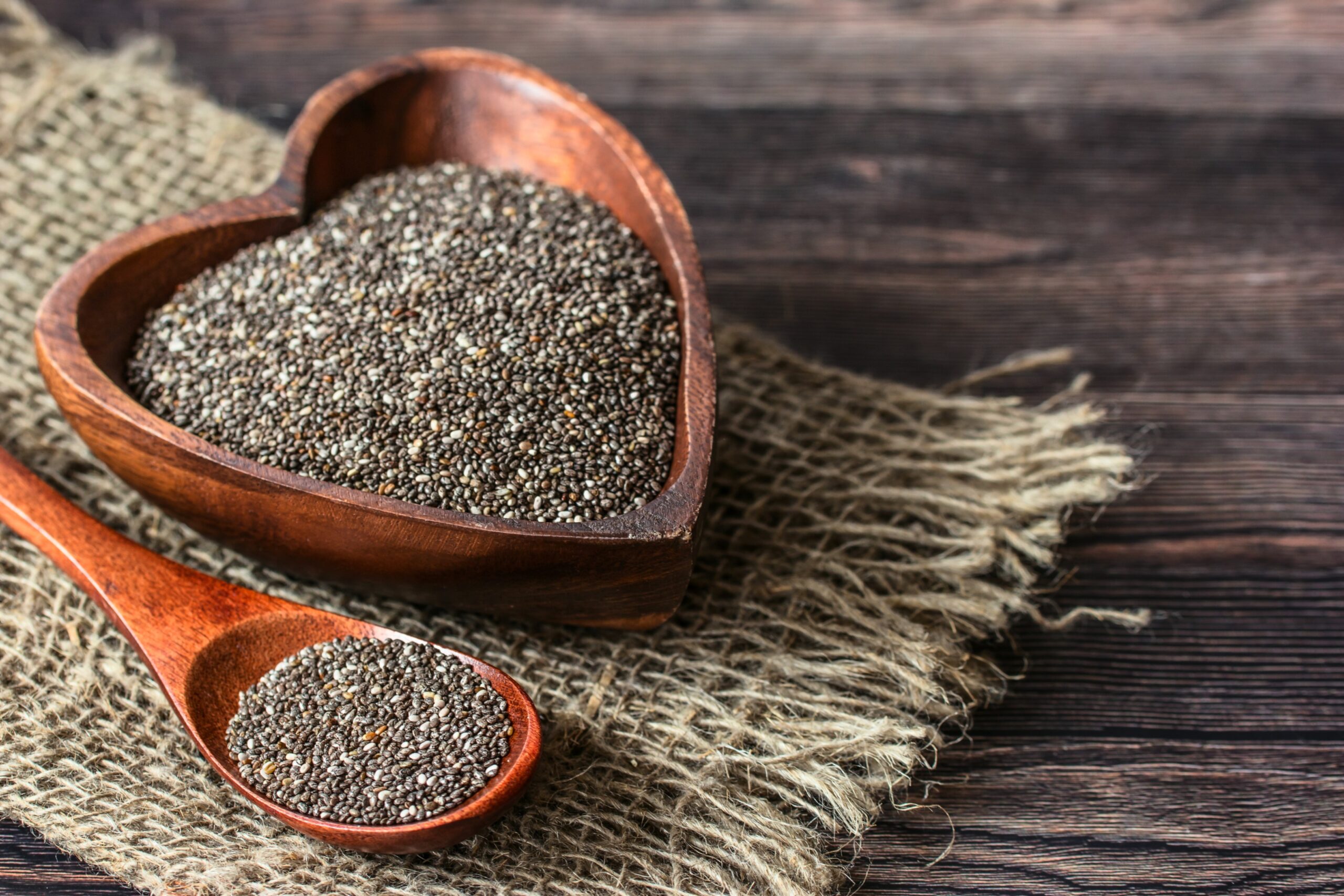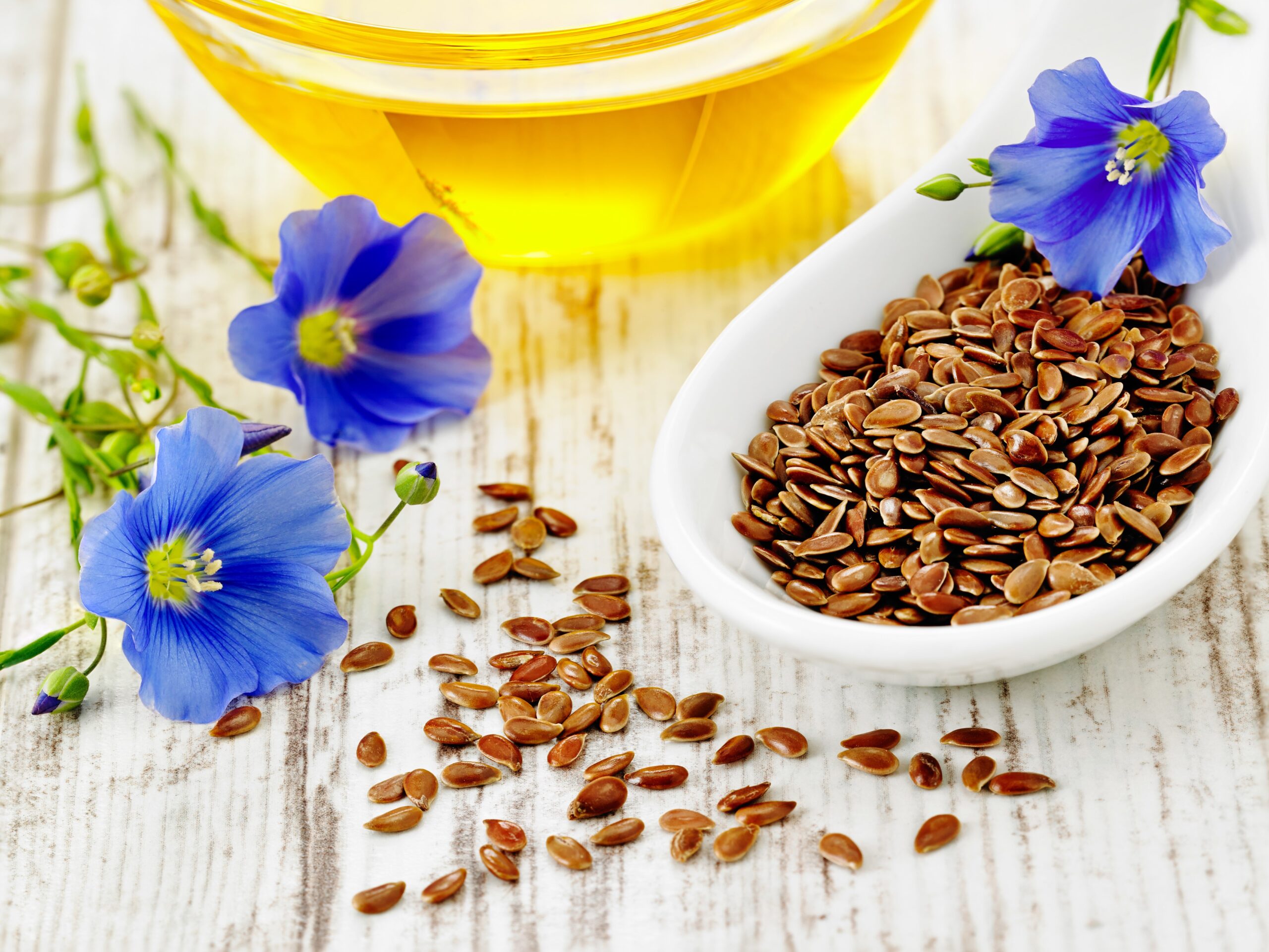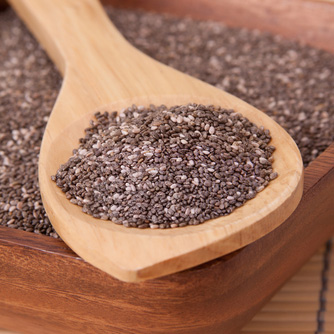Small But Mighty: Chia Seeds Pack A Powerful Nutritional Punch
Chia seeds may be small, but they are loaded with a wealth of important nutrients that can help to support a healthy and nutritious diet. These tiny crunchy fiber-rich little seeds are full of protein which can help to make you feel full for longer. They come from the flowering plant Salvia hispanica, and several …




